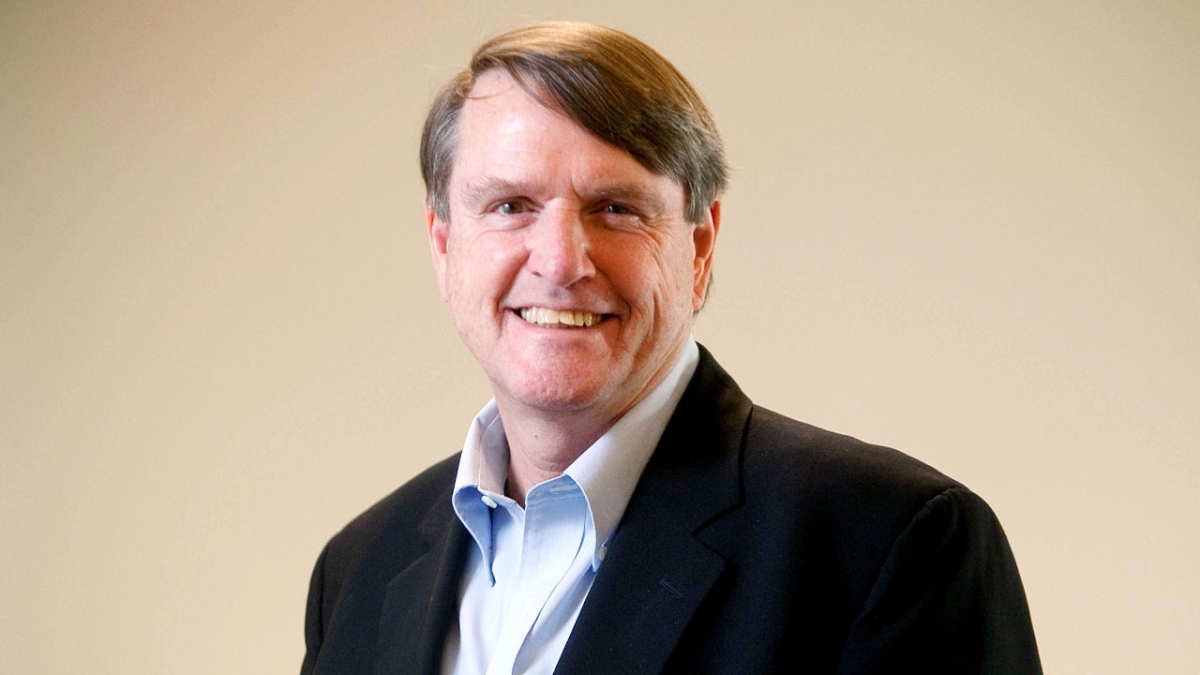ASU professor's historical documents available at Library of Congress

Leonard Downie Jr.
During his 44 years at The Washington Post, Leonard Downie Jr. investigated and led coverage of some of the most significant events of the 20th century.
Downie, the Weil Family Professor of Journalism at Arizona State University's Walter Cronkite School of Journalism and Mass Communication, was an editor for The Post’s investigation of the Watergate scandal, which resulted in President Richard Nixon’s resignation, covered the Jonestown massacre in 1978 and, as executive editor, oversaw The Post’s coverage of President Bill Clinton’s affair with Monica Lewinsky, which ultimately led to Clinton’s impeachment.
Downie amassed a trove of historical documents, notes, manuscripts and other materials from those stories, as well as other significant events that occurred during his journalism career, from his days as a college student at Ohio State University to his time with The Post.
And now those items are available to the public.
The Library of Congress has archived and made available to the public Downie’s papers, an expansive collection of notes, correspondence, public records, unpublished writings and other documents spanning his distinguished career.
Downie started at The Washington Post in 1964, progressing from intern to investigative reporter, local and national editor, London correspondent, managing editor and then leading the newspaper as executive editor from 1991 to 2008. Under his leadership, The Post won 25 Pulitzer Prizes, more than any other newspaper under a single executive editor.
The Library of Congress reached out to Downie regarding his materials about five years ago, but Downie wanted to finish his memoir, “All About the Story: News, Power, Politics and The Washington Post,” before donating any items.
The library maintains a manuscript section that includes collections from people of interest in an effort to preserve their work and life stories.
“It was an honor for the Library of Congress to want my material. It’s a privilege,” Downie said. “I discovered a lot of things I didn’t realize I had.”
A historian from the library met with Downie and reviewed the materials to see what was most interesting, eventually taking most of his items.
Downie said his collection was already sorted because he used most of the documents to write his memoir.
“They said I was much more organized than most people they encounter,” he said.
The documents include the original police report from the Watergate scandal, as well as reporter Bob Woodward’s notes from the preliminary hearing for the men arrested at the Watergate complex. Downie also submitted the manifesto written by Unabomber Ted Kaczynski.
Other documents include a script from “The Post,” the 2017 movie about Post publisher Katherine Graham’s decision to publish the Pentagon Papers detailing the United States’ involvement in Vietnam, with Downie serving as a consultant for the film; notes from his coverage of the Jonestown massacre; and documents from meetings and retreats that give insight into the newspaper and its operations.
There are also transcripts from interviews for his book, “The News About the News,” with Tom Brokaw, Peter Jennings and Dan Rather, who were once the leading anchors of the three major television networks.
Downie, who has taught at the Cronkite School for 13 years, said he is grateful for the opportunity to share this significant historical information with a wider audience.
“It’s important for me to do this,” he said.
More Law, journalism and politics

How to watch an election
Every election night, adrenaline pumps through newsrooms across the country as journalists take the pulse of democracy. We…
Law experts, students gather to celebrate ASU Indian Legal Program
Although she's achieved much in Washington, D.C., Mikaela Bledsoe Downes’ education is bringing her closer to her intended…

ASU Law to honor Africa’s first elected female head of state with 2025 O’Connor Justice Prize
Nobel Peace Prize laureate Ellen Johnson Sirleaf, the first democratically elected female head of state in Africa, has been named…